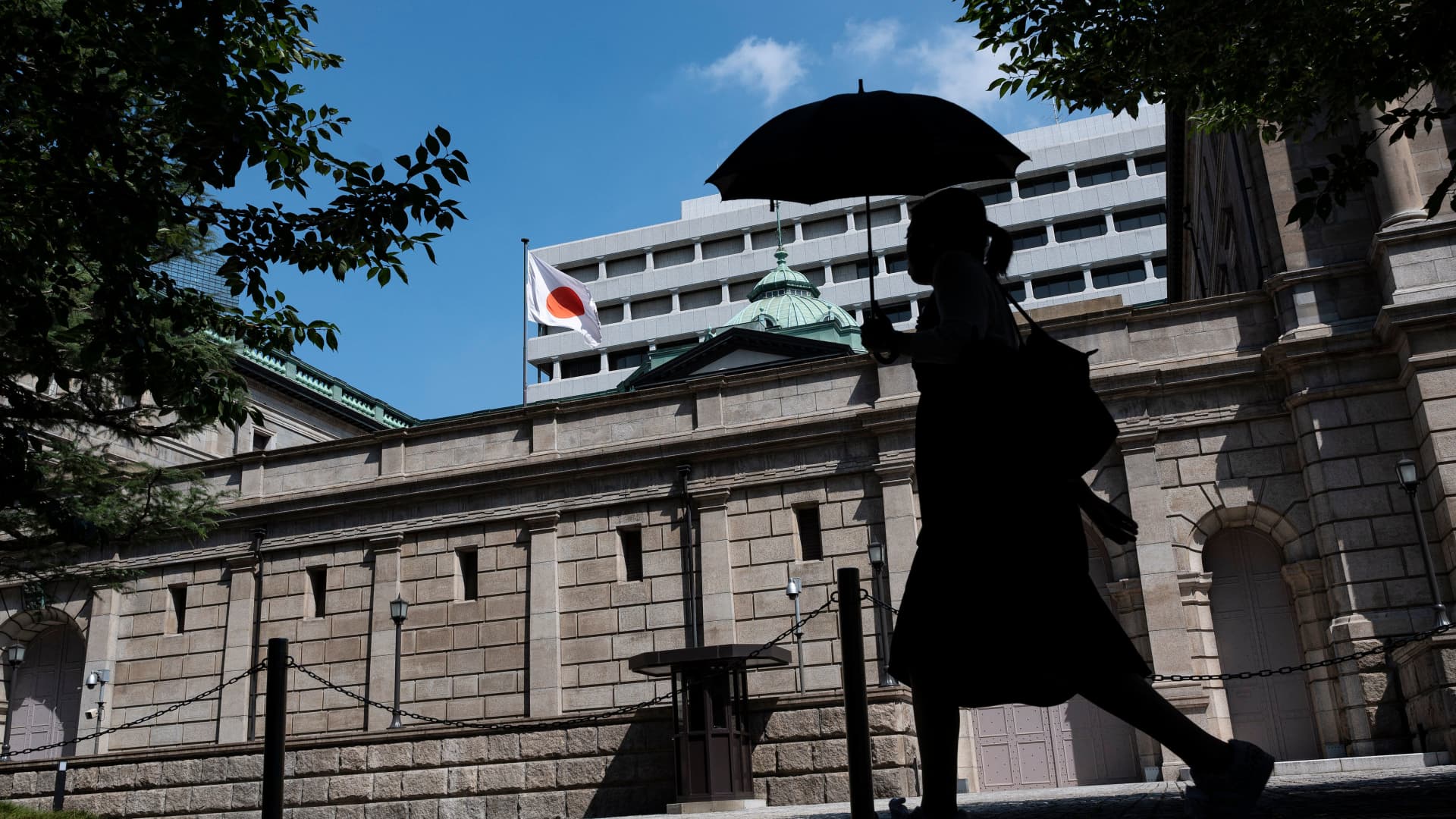
JOHANNESBURG: South Africa's minister of communications on Tuesday denied accusations that a draft policy watering down Black ownership requirements for tech firms was not proposed to benefit the Starlink business of white South African-born tech billionaire Elon Musk.
Under South African law, foreign-owned companies are required to sell 30% of their subsidiaries to shareholders who are Black, or from other racial groups disadvantaged under the apartheid system of white minority rule, in order to acquire a license. However, Communications Minister Solly Malatsi on Friday proposed easing the requirement, prompting criticism from various political parties. He put forward the directive days after South African President Cyril Ramaphosa met with U.S.
President Donald Trump at the White House, when Trump made baseless claims that white South African farmers were being systematically killed. A senior lawmaker, Khusela Diko, questioned the timing of the directive and whether the country was bending over backwards to accommodate Musk's Starlink satellite telecoms business. On Tuesday Malatsi appeared before Parliament in Cape Town to defend the move and denied suggestions it was introduced specifically for Starlink.
Lawmakers questioned whether the directives were correctly opening up the playing field for foreign players or tampering with the government's economic empowerment agenda by catering to Starlink. Musk has repeatedly denounced the Black ownership laws and said on social media that Starlink wasn't able to get a license to operate in South Africa because he was white. South African authorities say Starlink hasn't formally applied. Malatsi said the regulations would allow for more than one new operator to enter the market, boosting competition. "We are not attempting to open a special dispensation for Starlink or any other company or an individual," Malatsi told lawmakers, adding that work on the policy direction started around September, and was not prompted by the recent meeting between Trump and Ramaphosa. "There is no conspiracy on our part with regard to this policy direction," said the minister. Stakeholders, industry players and the public have been given 30 days to send in submissions and provide comment before the framework is finalized.

 2 weeks ago
115
2 weeks ago
115




























 English (US)
English (US)